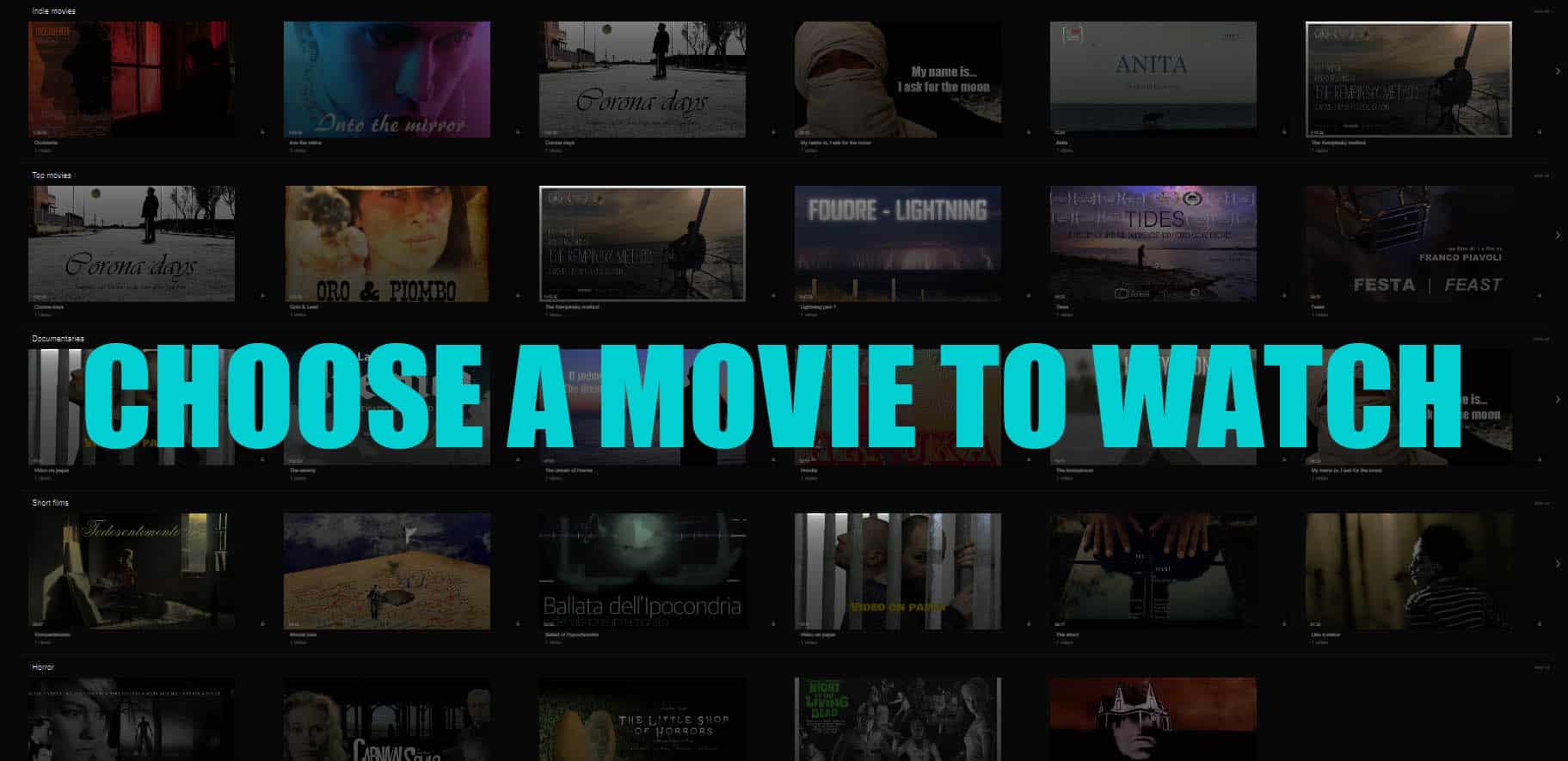The Palace is a black comedy of 2023 directed by Roman Polanski. The film is set in the Palace Hotel in Gstaad, Switzerland, on New Year’s Eve 1999. The hotel staff is preparing for the biggest party of the year, while wealthy guests from around the world gather to celebrate the new millennium.
However, the party takes a bizarre turn when the Millennium Bug threatens to disrupt the hotel’s systems and cause chaos. Meanwhile, the eccentricities and desires of the guests themselves lead to a series of hilarious and absurd situations.
Plot
The film opens with Hansueli, the manager of the Palace Hotel, inspecting the staff in preparation for the big New Year’s Eve party. The party is an important event for the hotel, attracting wealthy guests from all over the world. Hansueli is determined to ensure the party is a success, even if it means sacrificing the safety of the guests.
Among the guests at the party are:
- Margot, an American billionaire who is obsessed with the future and the Millennium Bug.
- Henry, an English banker who is on the run from the police.
- Monica, an Italian opera singer who is in a creative crisis.
- Oleg, a Russian oligarch who is seeking a nuclear weapon.
The party but things start to escalate when the Millennium Bug starts causing problems. Hotel systems crash, phones stop working, and security systems go offline.
Meanwhile, the eccentricities and desires of the guests themselves lead to a series of hilarious and absurd situations. Margot is convinced by an astrologer to follow a magical ritual to avoid the Millennium Bug. Henry finds himself bodyguarding a famous actress. Monica performs in an impromptu concert. And Oleg tries to buy a nuclear device from an arms dealer.
Production
The Palace was produced by Wild Bunch International, a French production company. The direction was entrusted to Roman Polanski, who has already directed films such as Rosemary’s Baby (1968), Chinatown (1974) and The Pianist (2002), winner of the Academy Award for Best Film.
The film was shot in Switzerland, in Gstaad and Bern. The film was shot in 35mm format, to give it a more classic feel.
Distribution
The film had its world premiere at the 2023 Venice Film Festival, where it received the Jury Prize and the François Chalais Award.
Reception and collections
The Palace was received positively by critics, who praised its humor, performances and sharp social commentary. The film was also a box office success, grossing over $15 million worldwide.
Award
The Palace has received numerous awards, including:
- Jury Prize and François Chalais Award at the 2023 Venice Film Festival
- Nomination for Best Film at the 2023 European Film Awards
- Nomination for Best Director at the 2024 British Academy Film Awards
Analyses
The Palace is a film that can be interpreted in different ways. It can be seen as a simple dark comedy, with a cast of eccentric characters who find themselves involved in a series of hilarious and absurd situations. However, the film can also be seen as a biting satire of the rich and powerful elite.
The Palace stages a series of vices and foibles of the elite, such as obsession with the future, greed, depravity and violence. The characters in the film are caricatures of these vices, and their actions are often exaggerated and grotesque.
For example, Margot, the American billionaire, is obsessed with the future and the Millennium Bug. She is convinced that the Millennium Bug will cause chaos and destruction, and she does everything to avoid it.
Henry, the English banker, is a greedy and depraved man. He is on the run from the police for having defrauded his clients, and tries to use the party to hide.
Monica, the Italian opera singer, is a woman in a creative crisis. She is dissatisfied with her career and tries to find new meaning in life.
And Oleg, the Russian oligarch, is a violent and dangerous man. He is looking for a nuclear weapon to threaten his enemies.
These characters are all representative of the rich and powerful elite. They are selfish and unscrupulous individuals, who are willing to do anything to achieve their goals.
The Palace is a film that invites the viewer to reflect on the dangers of the elite. The film shows how greed, depravity and violence can lead to chaos and destruction.
Review
Finally a fun film, overflowing with vitality, fun, play, where there is a celebration of life. A vitalistic staging through grotesque characters and paradoxical situations. Roman Polanski, after going through a series of dramas in his long life which he then brought to the screen, with a depth often out of the ordinary, belongs to those few great directors who make up the backbone of the history of cinema, decides that he is the time to have fun, and he’s completely right.
Because ultimately life, Polanski seems to tell us (and I quite agree) is a comedy, a farce, a staging of human madness. Set in the Alps, on the border between Switzerland and Italy, this film is a singular example of how cinema can be a moment of madness and reflection at the same time, in an impeccable way.
I pretend I haven’t read or heard anything comparing this Polanski film to the commercial Christmas films: those who write things like this have really confused ideas about cinema. The figurative void, of contents, of writing, of acting of the cinepanettoni is incomparable to this splendid film by Polansky.
This film is placed exactly on the opposite side of the commercial Christmas films, in that small number of cinematographic works that are absolutely worth seeing, which have a great figurative value, which light up like the fireworks in the final scene of New Year’s Eve, in which old ladies remade by cosmetic surgery explode into grotesque smiles.
And the decaying world of the rich aristocrats who go to spend New Year’s Eve in this luxurious hotel almost seems to take shape in these monstrous faces remade by plastic surgeons.
An artificial New Year that seems like a moment of desperate madness before the end of humanity: and in fact it is. For these people there is nothing left to do, the apocalypse has already arrived. The Palace is one of Polanski’s best films of recent years, because this lightness, this desire to have fun makes a detachment possible to describe a certain environment by sinking the blows without compromise.
The film is designed like a time bomb, where there are many intersecting stories. They all work perfectly and coordinated with each other. The images are always of the highest level, symbolic and fitting to the narrative. They are images with colorful and bright photography that take the grotesque aspect of the story to extremes. Mickey Rourke’s character is fantastic, one of those characters you never forget, along with a human fauna described by Roman Polanski in a hilarious way.
It is a film worth seeing, with a depth that transcends the comedy and fun. It is a criticism of a certain world of hopeless, vulgar rich people. A black comedy populated by subhuman characters, trapped in the superficiality of their existence. Characters who convey fierce and blunt criticism in a world where caviar dinners and kitsch and decadent shows are celebrated.
In each image Polanski manages, even in a few seconds, to perfectly paint an absurdity that cannot be explained in words. This is great cinema: something that cannot be explained in words, something that lasts two or three seconds, but remains inside. The make-up, costumes and scenography contribute. It is a monstrous film, of deformed characters, which manages to give us a precise and inexplicable impression of something deformed and monstrous that pervades everything.
It’s a film about the monstrous deformity of a certain humanity: rich old women, Mickey Rourke with a tan that seems fake, the Russian gang, the prostitutes. A great circus of human aberration that manifests itself on the physical body, and makes us reflect on the thousand contradictions of a world where the God of money reigns over an entire planet.
Watch the video review




